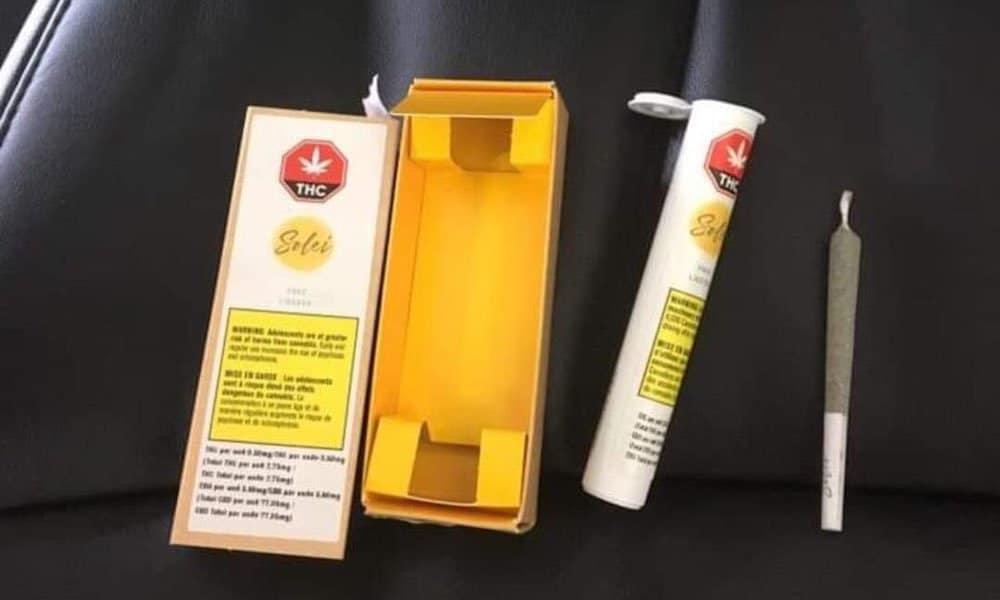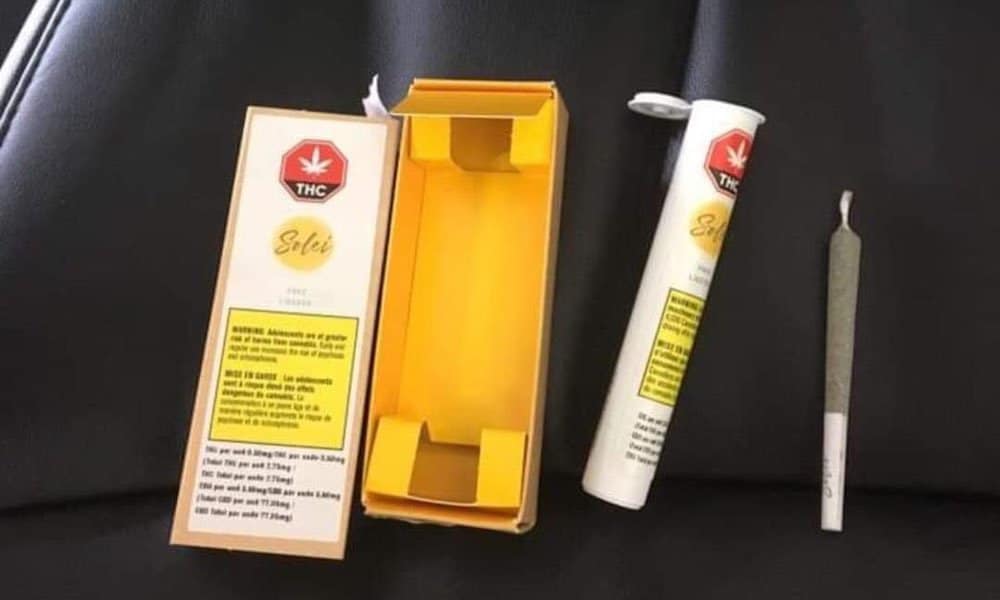
Walk through the aisles of any grocery store, and it’s evident. How a product is branded and packaged can affect sales and protect consumers. Similarly, the packaging for marijuana products matters. It should be designed to keep users safe, informed, and of course, buying. But unlike Frosted Flakes or Pepperidge Farm cookies, cannabis packaging isn’t controlled by the cannabis retailers or manufacturers in Canada. Instead, Health Canada has set rules and regulations around how legal weed must be packaged for sale.
The organization has set forth reasonable guidelines for mandating tamper-resistant and child-resistant containers. These containers also keep the product dry, and have seals to prevent contamination. However, even though Health Canada has issued these essential standards for packaging, provinces and licensed producers determine how they will adhere to them. Like buying weed itself, packaging regulations vary from province to province.
The regulations seek to protect consumers. But many who have purchased cannabis in Canada since federal legalization took effect on October 17 find the amount of packaging excessive for their freshly legal product.
Protections for Cannabis Consumers
Health Canada issued detailed regulations for the packaging of products. In fact, the organization even standardized the font from label to label. While labels can include the logos of companies and producers, they face limitations in size. Also, the logo can only be used once. The packaging also must contain product information, including a description of the contents, and where it is made. Concerns have been aired that the strict regulations could pose a threat to how consumers choose the brands and types of marijuana they seek to consume.
But aside from brand allowances, each province has their own way of following packaging regulations. For example, in Nova Scotia, customers say that the amount of packaging for smaller quantities seems wasteful. But packaging must be child-proof, which can require more plastic to meet regulations. Central to Canada’s new legal cannabis laws is the initiative to keep it out of the hands of minors. Provinces have even come up with their own stealthy sting operations including underage shoppers in stores.
What really bothers the licensed cannabis retailers stocking these over-packaged products? The country’s alcohol industry does not have to follow the same child-proofing rules. Still, the sellers understand the requirements Health Canada has put out, noting that the guidelines hope to ensure success with the new law.
Meeting the Weed Need
Despite the overwhelming packaging, Canadians have showed up to purchase their legal weed. Each province has seen their own levels of demand. Some, like Newfoundland, have seen shortages of the product. And while this problem clearly affects consumers, licensed cannabis sellers have encountered their own issues from the incredible demand following the passing of the Cannabis Act.
Sellers must wait for the appropriate packaging, including approved labels. This can cause a delay in getting products on shelves and into the hands of customers. Just getting the proper packaging can throw a wrench into processing newly legal weed orders.
Bring Back the Baggie
For the average cannabis consumer in Canada, the packaging for legal marijuana is just too much. And cutting back on excessive plastic containers seems like a future goal for cannabis advocates and retailers. By challenging the current regulations, they can make the packaging for weed more green. Without trending toward a more global environmental approach to this packaging, Big Cannabis in Canada may deserve some of the responsibility for the world’s waste. Until that time, Canadians can find their own ways to stay green with their legal green. They can save and reuse their stems or find a way to reuse the plastic packaging. Until then, Canadians must continue to watch their own province’s rules and regulations when buying weed. And they must seek to continue to make legal weed in their country better and more friendly for the planet.











